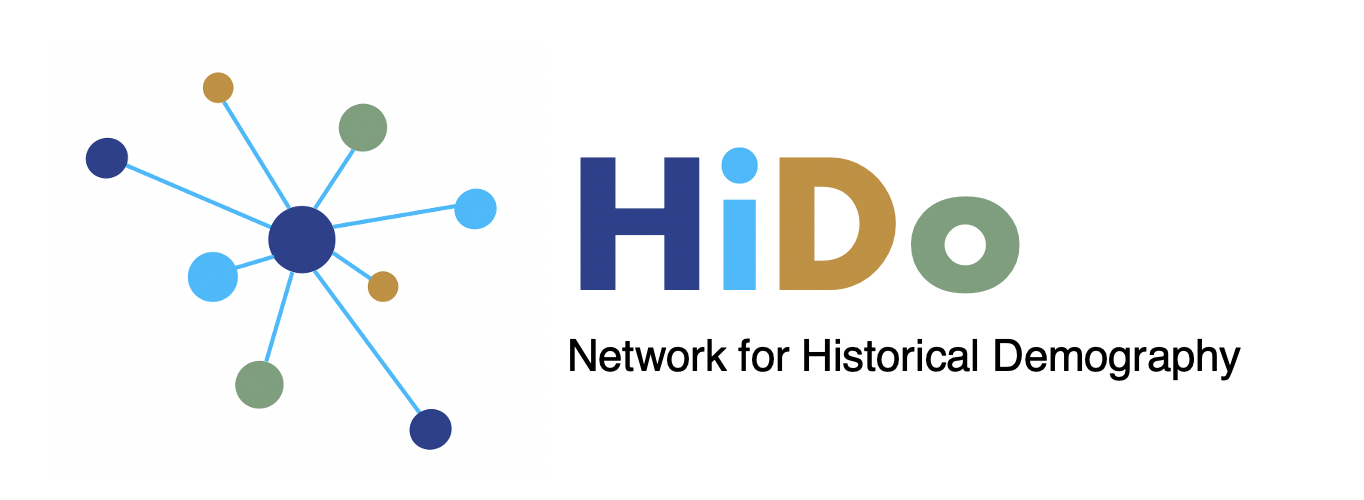Research Groups
HiDo consists of 14 research groups
The Quetelet Center for Quantitative Historical Research is an interfaculty and interdisciplinary service center that offers advice and expertise on the use of historical data that can be studied statistically or in map form. Researchers from all disciplines and the general public can come to the Center with questions about the use of quantitative and quantifiable sources on Belgium’s past.
FaPOS has two main research domains: a historical and a contemporary one. In the historical track, the focus is on long-term, socio-demographic analysis and on population dynamics, with particular attention to fertility, nuptiality, partner choice, migration, mortality, and social stratification and mobility. In the contemporary track, household structures and family processes are being addressed from a sociological perspective. Here the focus is on family formation, separation and divorce, repartnering and co-parenting, and marriage-like relationships.
Established in 2003, the Centre for Urban History at the University of Antwerp (CSG) examines urbanised societies from the Middle Ages to the present. Situated in the heart of the old, urbanized core of the Southern Netherlands and later Belgium, the Centre for Urban History analyses patterns of urbanization and what urban living does to people and the broader environment.
https://www.uantwerpen.be/en/research-groups/centre-urban-history/
CSY researches the DNA behind family trees, the genetics behind the genealogy. CSY wants to reveal the genetics behind historical socio-demography in Flanders via Y-DNA analysis.
The Center for Demographic Research (DEMO) is part of the IACCHOS Institute (Institute for the Analysis of Change in Contemporary and Historical Societies) and has about forty members. Since 1974, the Centre has been organizing the Quetelet Conference, each year on a different theme. In 2012, the Quetelet Journal was created to publish articles from the Quetelet Conference, and other articles. Researchers at the DEMO organize several teaching programs, including a Master’s degree in Population and Development Sciences and a Minor.
https://uclouvain.be/en/research-institutes/iacchos/demo/about.html
The Radboud Group for Historical Demography and Family History is the leading centre of expertise on historical demography in the Netherlands. The Group combines a multidisciplinary approach and sound quantitative methods with a thorough foundation in history. This implies that the demographic phenomena and processes they study are always situated within shifting environments and socio-economic conditions, historical family systems and religious norms. They emphasize the need for a proper understanding of the historical sources underlying demographic analysis.
The Economic and Social History group conducts research on a large number of sub themes. For example, attention is paid to global history, environmental history, urban and rural history, demographic history, anthropometric history, the history of nutrition and health, etc. In the coming years the group aims to further strengthen its profile towards the global history of population and health, gender and social inequalities, and sustainability focusing on the role of spatial, social, and cultural contexts.
The purpose of the Norwegian Historical Data Centre is to ease access to historical sources, like censuses and parish registers, through their computerized processing. The inititive was taken by historians who wanted to study 18th and 19th century society with the aid of microhistorical methods. Based on the model of Swedish Demographic Data Base at the University of Umeå, the NHDC has a mandate to prepare machine-readable editions of manuscript censuses and parish registers for use by university researchers and private genealogists. Experience has shown that electronic processing of historical data would enable historians to make a more thorough and precise study of society, than is possible by manual methods.
The Population Studies Group (PSG) hosts a multidisciplinary group of demographers, epidemiologists, biostatisticians and reproductive health specialists who are engaged in demographic estimation and population-based studies of fertility, reproductive health, and mortality in both high and low-income settings. PSG Faculty assume teaching responsibilities on the MSc courses in Demography and Health, the MSc in Reproductive and Sexual Health Research, and some also contribute to the MSc in Epidemiology.
https://www.lshtm.ac.uk/research/centres-projects-groups/psg#welcome
The Cambridge Group for the History of Population & Social Structure (Campop) was founded in 1964. In the fifty years since then, members of the Group have made a spectacular series of discipline-transforming contributions to social science history. These include work on historical demography and household structure, on the interdependence of these elements with welfare systems, and on occupational structure.
The Centre for Demographic Studies (CED) offers research and training in demography. This includes such relevant themes as fertility, families, education, work, life expectancy and migration.Our research is organised into three main groups of investigation, and the services we provide in the domain of applied demography, especially in the field of population forecasts.
The aim of the Link-Lives project of the SAXO-Institute is to extend the range of register- research, based on Danish data, from decades to centuries. By combining historical research methods with deep learning techniques, we are reconstructing life-courses and family relations of almost everyone who lived in Denmark from 1787 until the introduction of the modern Danish Civil Registration System in 1968.
The Centre for Economic Demography (CED) includes more than 40 scholars active in the fields of economic history, economics, social sciences, and medicine who are involved in research on economic and social issues connected to demography, from modern as well as historic aspects and with international comparative perspectives.
The Programme de recherche en démographie historique (PRDH) located in the Department of Demography at the Université de Montréal hosts “Les recensements historiques du Canada”, two databases drawn from the Canadian censuses of 1852 and 1881 that represent promising working tools in the fields of historical, demographic and genealogical research.
